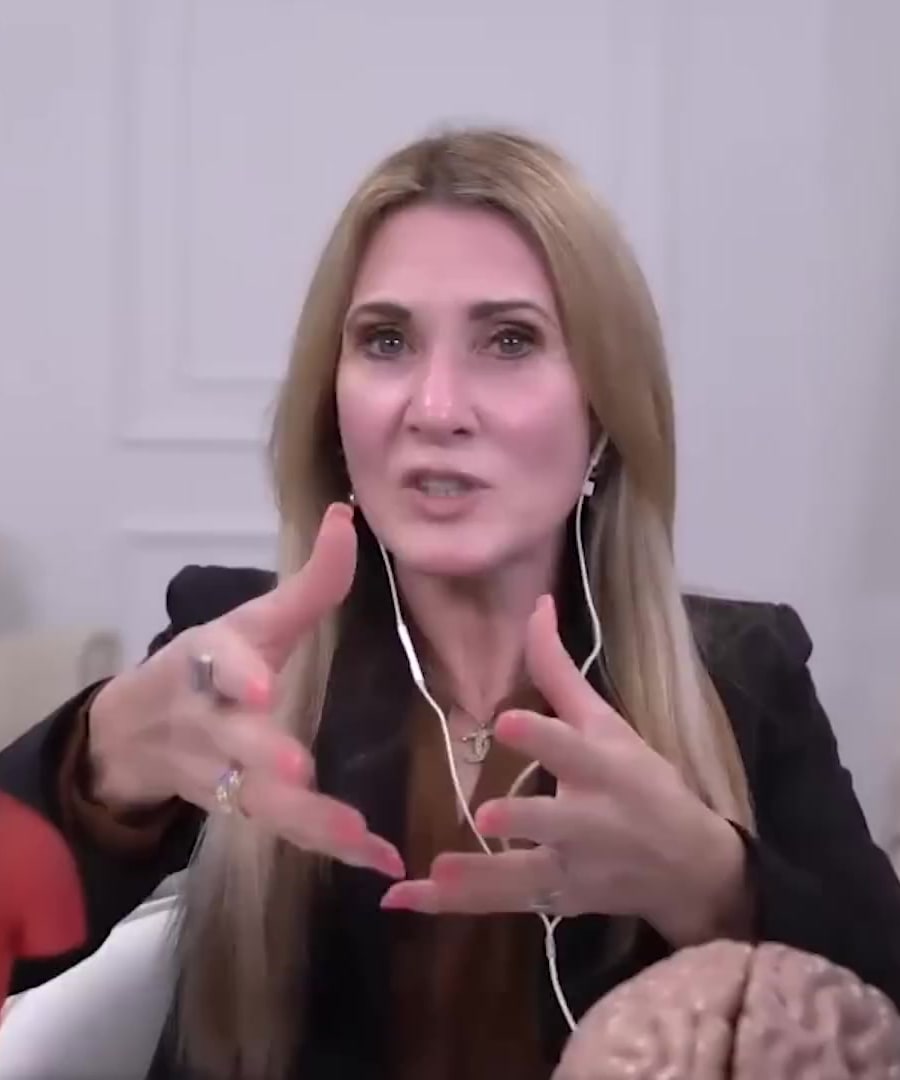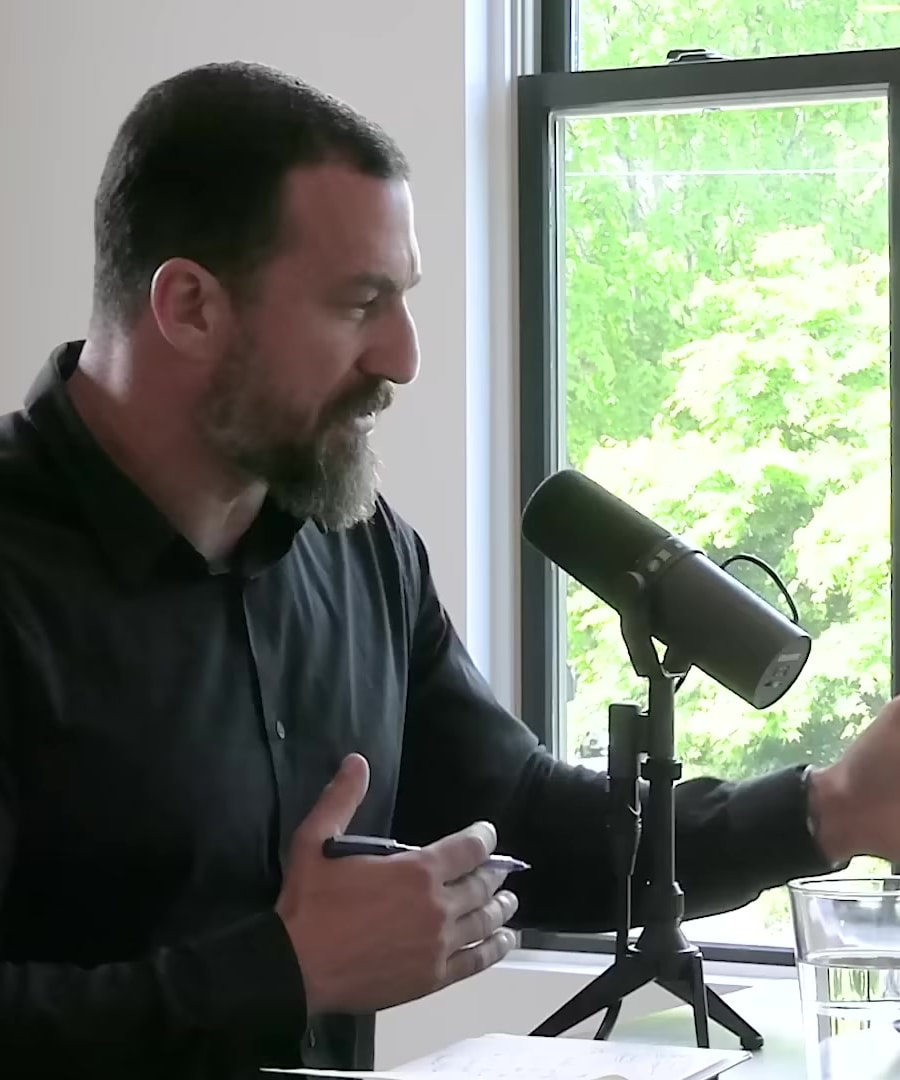how to change default trauma response "freeze" to instant action
It appears there are no specific clips that discuss how to change the default trauma response from "freeze" to taking instant action. This topic may benefit from general advice on managing trauma responses or professional guidance from a therapist. If you have another question or need information on a different topic, feel free to ask!
RELATED QUESTIONSWhat are some effective coping strategies for trauma responses?
Sources:
Effective coping strategies for trauma responses include a variety of approaches, which experts discuss in various contexts. Here's a brief summary of some valuable strategies:
-
Changing the Narrative and Acknowledging Feelings: Acknowledging and accepting one's feelings regarding trauma are crucial steps toward regaining control and beginning the healing process. Embracing emotions non-judgmentally can help weaken the hold of traumatic memories and pave the way for reframing personal narratives in a way that fosters growth and healing 1.
-
Journaling and Introspection: Writing about one's experiences and thoughts in a journal is a recommended therapeutic practice. It can provide a structured, reflective space to make sense of one’s traumatic experiences and understand their impact more deeply 2.
-
Understanding and Recognizing Trauma Responses: It's essential to recognize and comprehend one's physiological and psychological trauma responses. Understanding how past trauma may continue to influence present behavior and emotional responses can help in addressing and managing symptoms 3.
-
Working with a Skilled Clinician: For deeper trauma, it's often beneficial to work with a therapist who can provide guided support and therapy tailored to your specific needs. This professional can help navigate trauma sensitively without perpetuating harmful cycles 2.
-
Engaging in Physiological Activities: Activities such as rigorous exercise, ice baths, or other intense experiences can help individuals become comfortable with higher levels of physiological arousal, which is often a challenge for those with trauma. These activities enable one to separate the physiological sensations from the trauma itself 3.
Each of these strategies addresses different aspects of trauma and may be more suitable for individuals depending on their unique circumstances and history of trauma.
RELATED QUESTIONS-


